What parents of children who are LGBTQ+ or have a disability should know about Wisconsin voucher schools
Private schools in Wisconsin that accept taxpayer-funded vouchers have different rules from public schools related to exemptions for religious entities and serving students with special needs
Wisconsin Watch
May 24, 2023

Taxpayer-funded vouchers make eligible families better able to afford a private school education, but students who are LGBTQ+ or have disabilities lose rights they would have in the public school system. (Credit: Amena Saleh / Wisconsin Watch)

This article was first published by Wisconsin Watch.
Voucher schools are private schools that use taxpayer dollars to subsidize the cost of private education for K4-12 students from lower-income families in the form of a voucher. The payments go directly from the state to the school based on the number of voucher students enrolled at the school at the beginning of each semester.
Parents who qualify may choose to send their children to private voucher schools instead of their local public school.
In Wisconsin, voucher schools are those currently participating in at least one of four state-run, state-funded programs: the Milwaukee Parental Choice Program, the Racine Parental Choice Program, the Wisconsin Parental Choice Program and the Special Needs Scholarship (SNSP) Program.
For 2023-24, the annual voucher payment is $8,399 for K-8 students, and the schools cannot charge additional tuition from these families. For grade 9-12 students, the annual payment is $9,045, and schools may charge additional tuition if the family’s income exceeds 220% of the federal poverty level, which is $61,050 for a family of four.
Voucher schools cannot charge voucher students fees for registration, but it may charge “reasonable fees for certain personal use items,” according to the Department of Public Instruction.
There are 373 participating schools for the 2022-23 school year. According to a Wisconsin Watch analysis, 95% of the currently participating schools are religious. Voucher students have a legal right to opt-out of religious activity.
These programs often are referred to as “choice” programs or “choice schools.” Because there are additional educational programs advocates refer to as “school choice,” Wisconsin Watch has chosen to use the narrow, specific term “voucher.”
What makes a student eligible for a voucher:
All students must meet certain eligibility criteria, such as residency, income and age.
For the 2023-24 academic year, the Milwaukee and Racine voucher programs cap family income at 300% of the federal poverty level, which is $83,250 for a family of four, and the statewide voucher program caps it at 220%, which is $61,050 for a family of four.
Students in the SNSP must also have a disability as reflected by an Individualized Education Program (IEP) or services plan.
Private schools may not consider factors beyond what the statutes describe when making admissions decisions. In the Milwaukee and Racine programs, if there are more voucher applicants than available seats, the school must do a random drawing. This means private schools are not supposed to consider a voucher applicant’s disability or LGBTQ+ status in the admissions process.
What the voucher program costs the state:
Funding for the statewide and Racine voucher programs and the Special Needs Scholarship Program comes out of the funding for public schools. Districts levy the per student amount to cover the total cost of vouchers, and that total is deducted from the district’s overall aid from the state.
The Milwaukee voucher program is funded through state general purpose revenue and local funding, and also reduces the amount of aid to the public school district, according to the Legislative Fiscal Bureau.
In the 2022-23 school year, Wisconsin spent about $443 million on the four choice programs.
The latest available numbers from DPI show in the 2021-22 school year, Wisconsin spent $7,728 in state revenue per public school pupil. By comparison, the voucher payments that year were $8,336 in kindergarten through eighth grade, and $8,982 in grades nine through 12th in the Milwaukee, Racine and statewide programs, and $13,013 for Special Needs Scholarship Program vouchers.
If your child is part of the LGBTQ+ community, they may be legally discriminated against as a voucher student:
After enrollment, LGBTQ+ students attending voucher schools may legally be discriminated against due to their sexual orientation or gender identity.
Although private schools cannot deny admission to voucher students on the basis of LGBTQ+ identity, school policies apply once a student enrolls. There is no state law prohibiting LGBTQ+ discrimination against enrolled students. And religious entities — which comprise 95% of current voucher schools — are exempted from federal Title IX protections against discrimination if complying with the law “would be inconsistent with the religious tenets of the organization.”
A Wisconsin Watch investigation has found that many voucher schools have policies targeting LGBTQ+ students for disparate treatment. Some warn they may discipline or expel students for being gay or transgender. Others ban recognition of a transgender student’s chosen name or pronouns, or will deny them access to transition-related medication or facilities that align with their gender identity.
As policies and procedures vary by school, parents or guardians of LGBTQ+ youth should contact the schools they are interested in directly to ask for a copy of the handbook or discuss their application. Many schools also have their handbooks publicly available on their websites.
If your child has a disability they may not have protection as a voucher student:
Students with disabilities lose a host of rights under federal law when they leave public schools. Private voucher schools are “only required to offer services to assist students with special needs that it can provide with minor adjustments,” according to DPI. This document compares the rights afforded to students with disabilities in public schools versus in the Special Needs Scholarship Program.
Although schools cannot consider a voucher student’s disability during admissions, they may expel students if they determine they cannot readily accommodate their needs. A Wisconsin Watch investigation has found some voucher schools appear to have such policies.
As policies and procedures vary by school, parents or guardians of children with disabilities interested in voucher schools should contact the schools they are interested in to ask for a copy of the handbook or discuss their application.
In some cases, students with disabilities can qualify for services provided by the local public school district. DPI recommends that parents contact the public school district in which the private school is located to see what services, if any, it provides to private school students.
What to do if you think your child has faced LGBTQ+ or disability discrimination at a voucher school:
If you believe your family has experienced discrimination on the basis of LGBTQ+ or disability status during voucher admissions, you can contact DPI.
If you believe your family has experienced LGBTQ+ or disability discrimination before or after enrollment, and you would like to challenge it, you can file a federal complaint with the Office for Civil Rights. You may also connect with advocates at groups such as Fair Wisconsin or Disability Rights Wisconsin about your options. Education advocates say you may have more luck in federal court, but a challenge in state court might have the chance to change state law.
To find more information about voucher schools in Wisconsin:
Wisconsin’s Department of Public Instruction has extensive information on its website. It provides an overview of the programs, which discusses student eligibility. Application guidelines describe how to apply for enrollment in the 2023-24 school year, including the open application periods. Frequently asked questions cover everything from religious activities, transferring and the type of residency documentation required.
The nonprofit Wisconsin Watch collaborates with WPR, PBS Wisconsin, other news media and the University of Wisconsin-Madison School of Journalism and Mass Communication. All works created, published, posted or disseminated by Wisconsin Watch do not necessarily reflect the views or opinions of UW-Madison or any of its affiliates.
 Passport
Passport




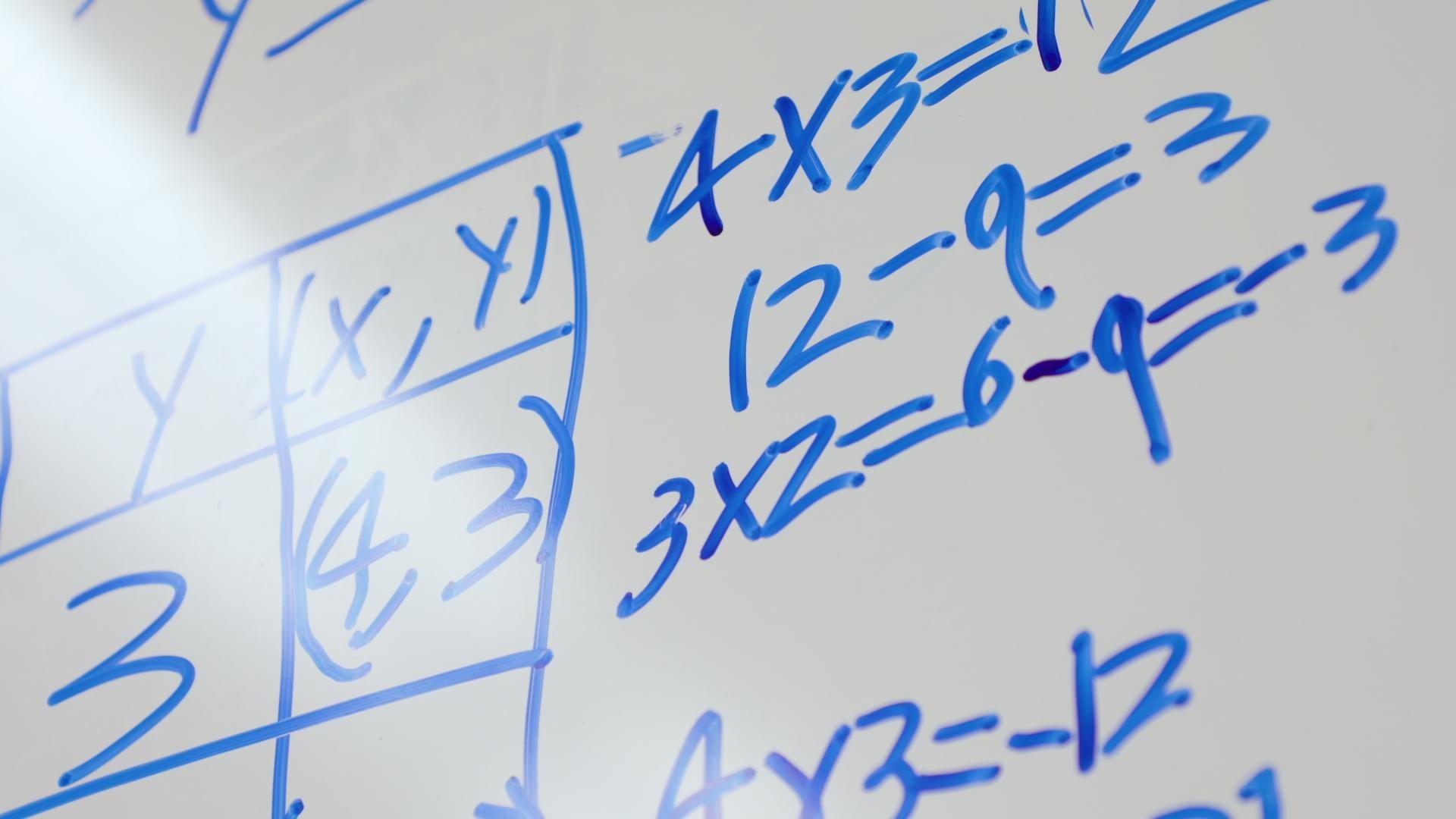
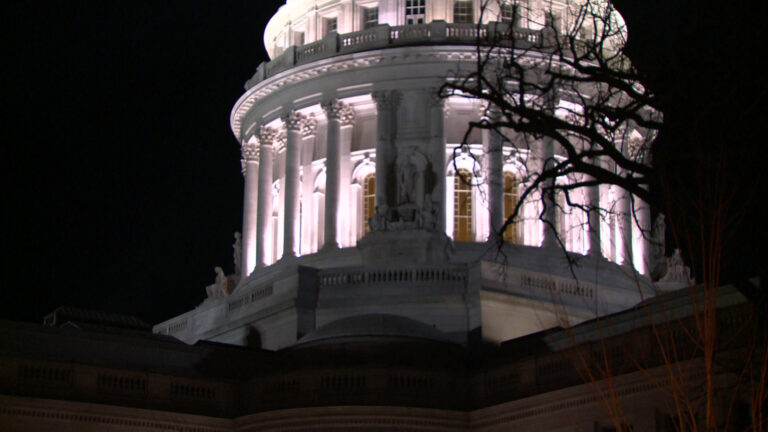
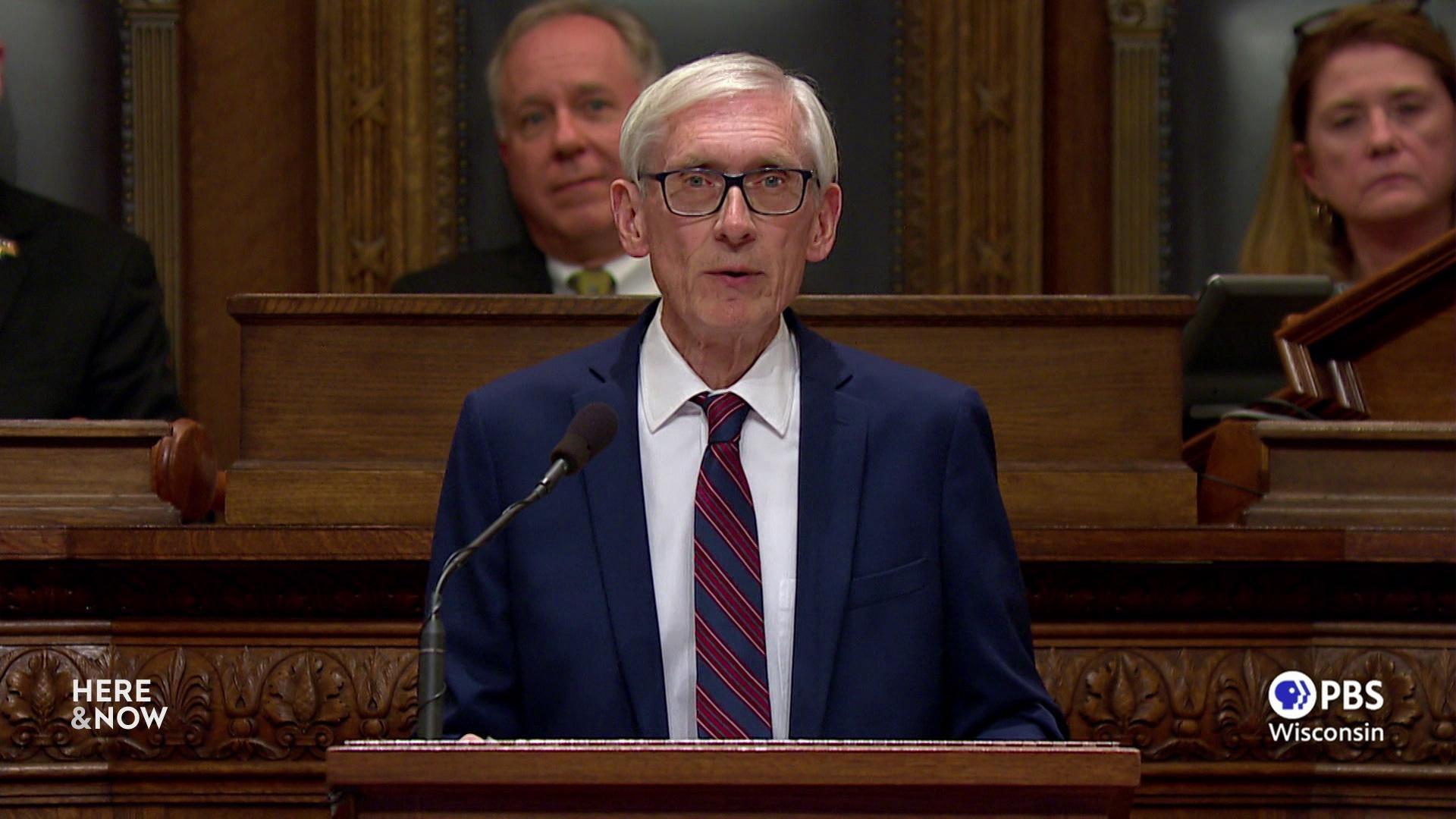
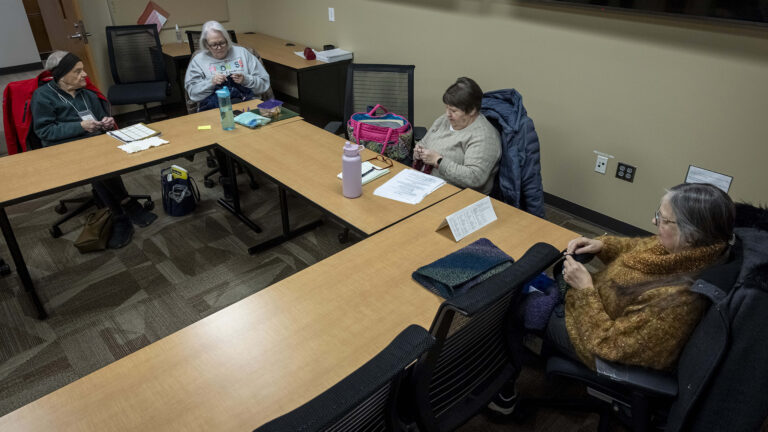
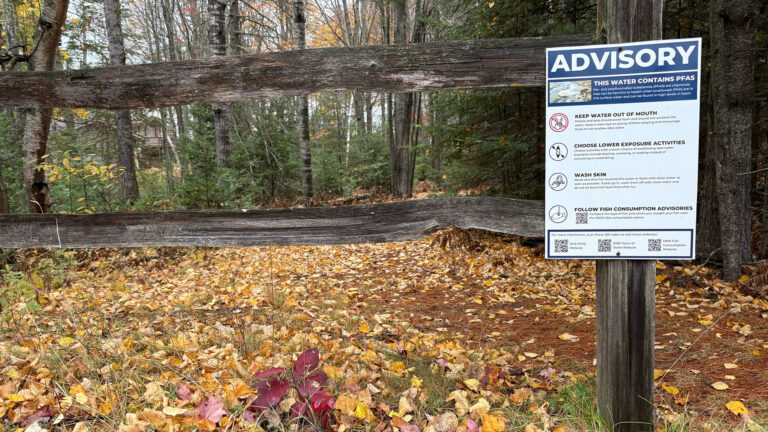
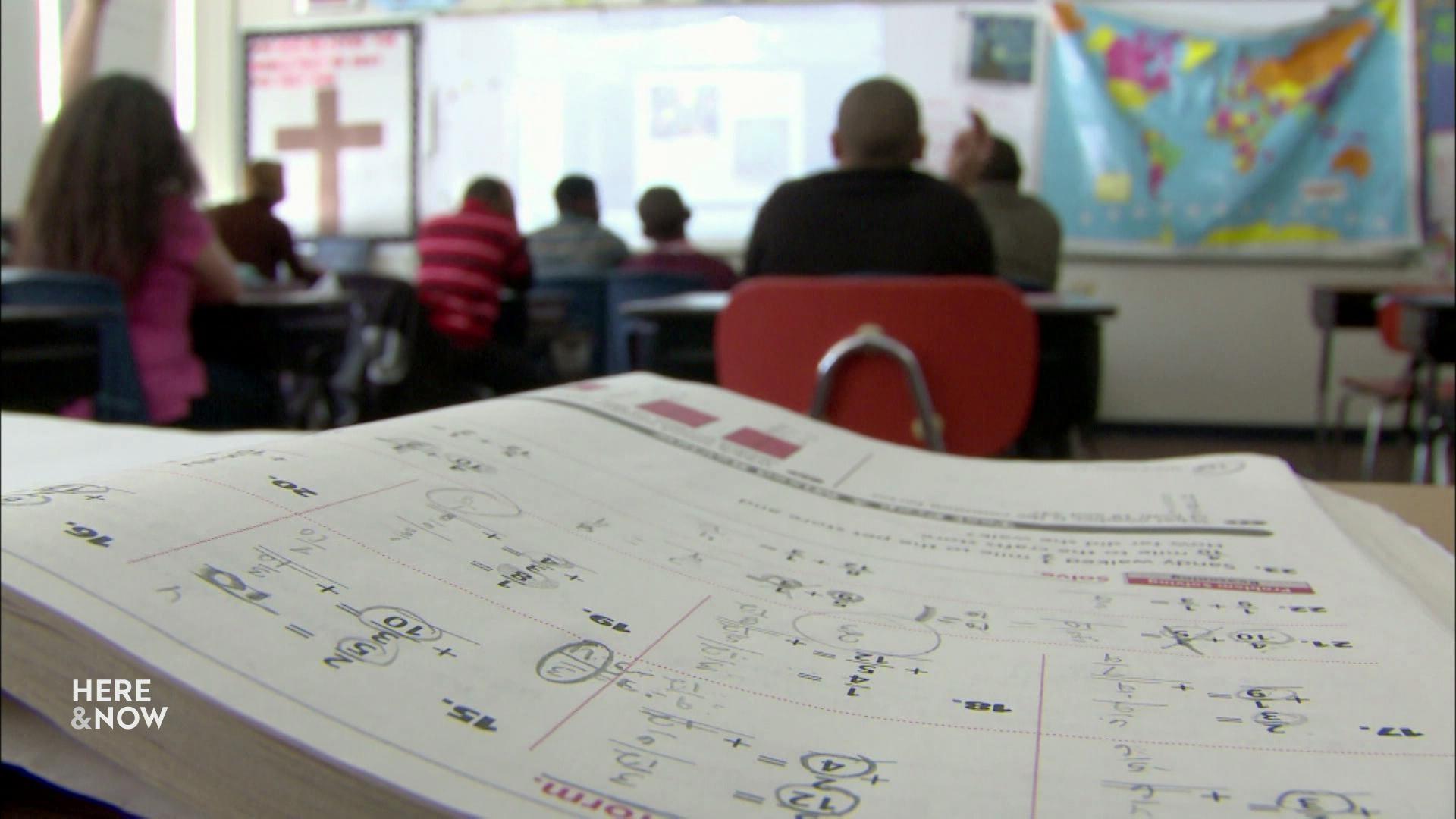

Follow Us